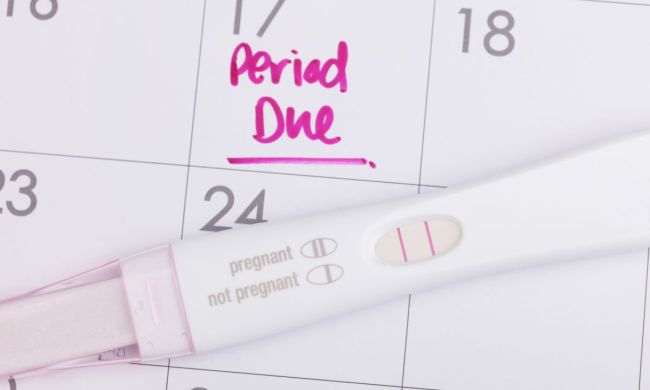As an expecting mom, you’re probably getting anxious to see the first images of your baby. With today’s technology, you can view a photo of your child in the womb or see their movements in live action. And what’s quite interesting about this type of imaging, known as sonography, you have two distinct terms — sonogram and ultrasound.
Though some individuals often interchange the two terms, they have some differences. Nonetheless, they are both associated with the same end goal of helping you see your pregnancy is progressing smoothly, and your baby is doing well. Let’s take look at the purposes behind these two forms of imaging, along with the professionals who’ll be performing these tests.

Sonogram vs. ultrasound
To begin with, sonograms and ultrasounds share the same purpose of giving your obstetrician the most accurate image of your growing baby and checking for any complications or possible congenital conditions, like spina bifida. One type serves as the means through which the tech obtains an image, and the other is the still image itself.
What’s an ultrasound?
The ultrasound is a simple, painless, and noninvasive procedure. It doesn’t present any risk to the mother or to the baby, since there’s no radiation used to obtain the image of the baby. In fact, high-frequency sound waves bounce off the wand that the tech places on your abdomen while the computer picks up the waves and interprets them into the image on the screen.
Overall, it’s an effective diagnostic tool that allows the doctor to study the structure of your womb, the growing baby, the placenta, and other components. Ultrasound is also used to scan for tumors in the womb. Plus, it gives a clear view of the structure of the baby and its many features.
However, one of the shortcomings of the ultrasound is that findings alone might not be enough to diagnose a condition like cholecystitis. Another disadvantage of the ultrasound is that the expectant mother might not be able to interpret the images.
What’s a sonogram?
You must complete an ultrasound in order to obtain a sonogram. As previously mentioned, the sonogram is the product or photograph of the baby that the tech prints at the end of the ultrasound. Usually, after the sonographer has completed your ultrasound, they’ll give you several prints that show your baby at different angles. Plus, they’ll review the photos with you to point out which part is which and so forth. If you and your partner made the request, the tech will also reveal the gender of your baby, depending on whether they were able to obtain that particular image.
Today, in relation to sonograms, technology has advanced. For the most part, you can expect two-dimensional, black-and-white, hazy photos where you can detect the outline of your baby’s head and limbs. However, you’ll likely have the option of getting a 3D and 4D image, the latter being a 3D image, but showing the baby’s movement. This advance in technology has enabled obstetricians to diagnose conditions more quickly than before and to obtain more accurate images that also show the baby’s position just before birth.

Is a sonographer and ultrasound tech the same thing?
Now that we’ve looked at the sonogram vs. ultrasound, you might wonder who performs the ultrasound. Naturally, some individuals might assume it’s the obstetrician. However, your doctor is the one to “read” the ultrasound tech’s report as well as view the recorded ultrasound image and any sonograms (if ordered) that were printed.
A sonographer or ultrasound tech performs the actual exam. In fact, when discussing this aspect of prenatal care, you’ll hear these terms used interchangeably since they refer to the same job of administering an ultrasound exam, and if needed, printing out sonogram images.
Final thoughts on sonogram vs. ultrasound
When discussing the differences and benefits of ultrasound imaging and sonograms, you won’t have to be concerned about whether to opt for one or the other because the sonogram is the product, a printed photograph of an ultrasound exam. Neither one poses a risk to you or the baby, and thanks to advanced technology, you’ll be able to not only gain peace of mind, but also have your baby’s first picture.



